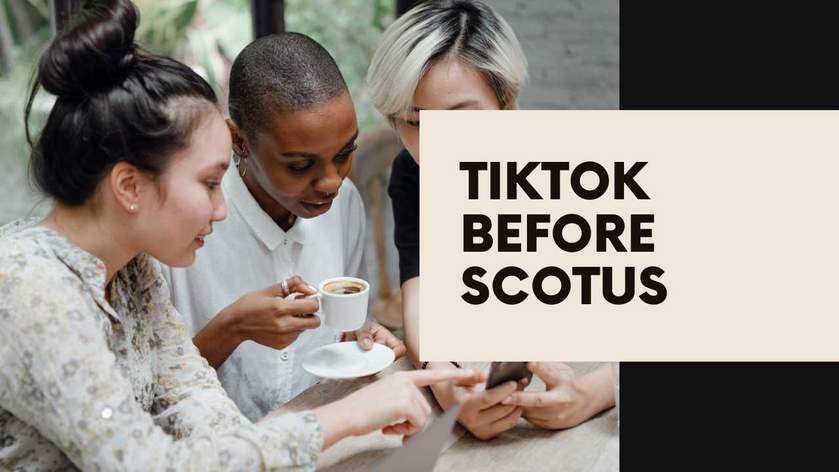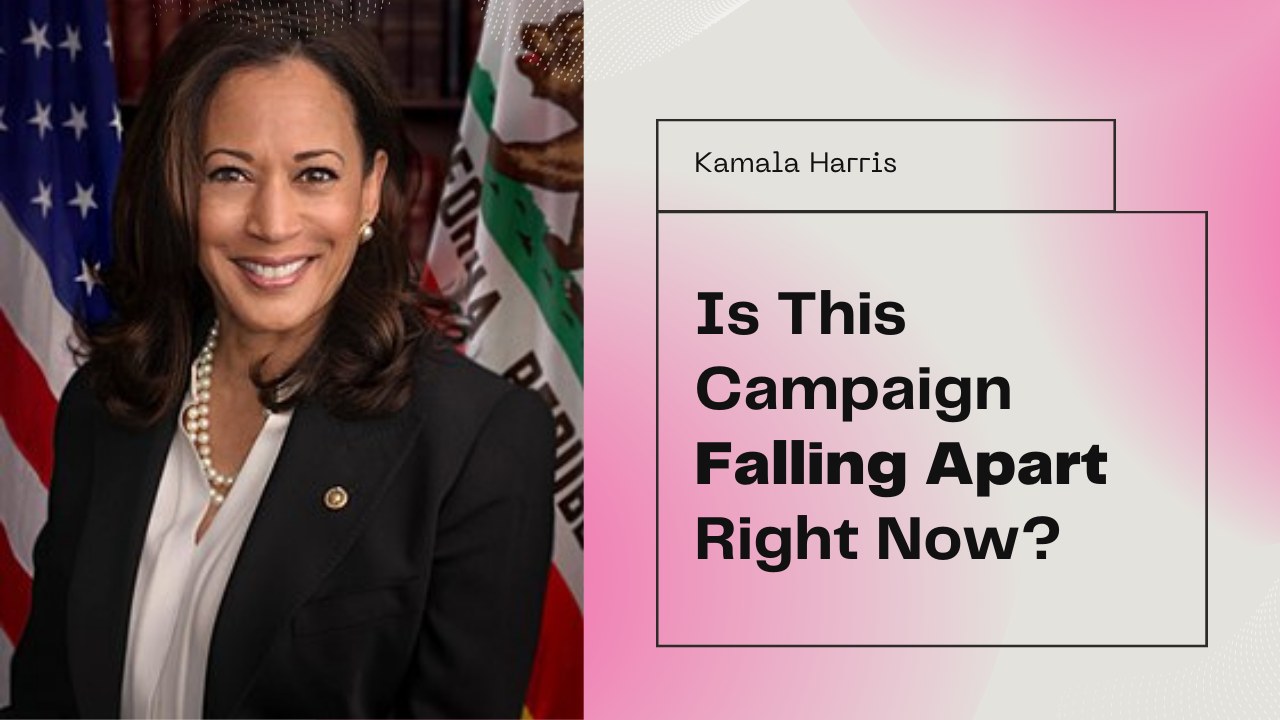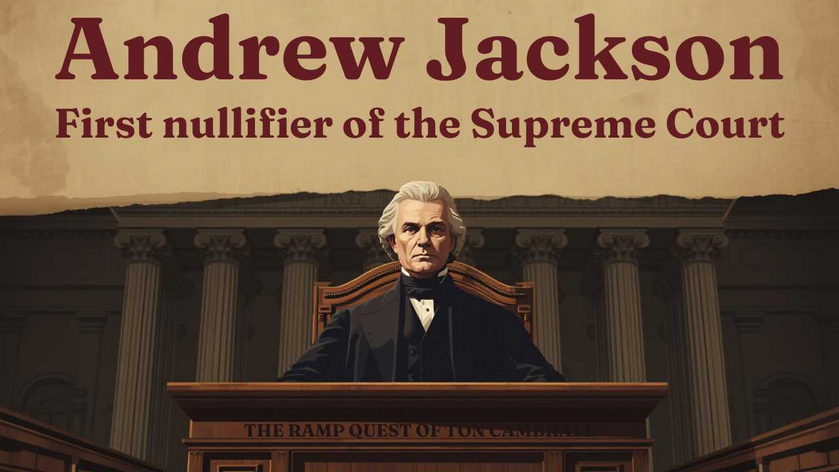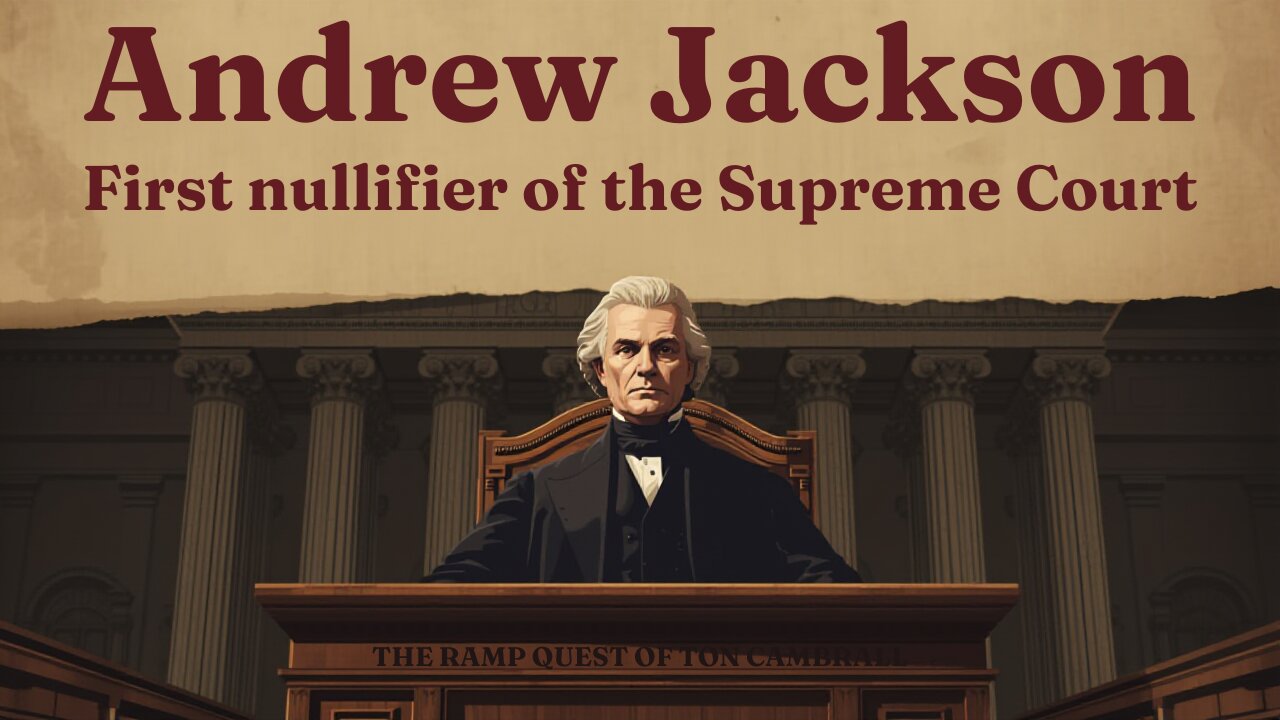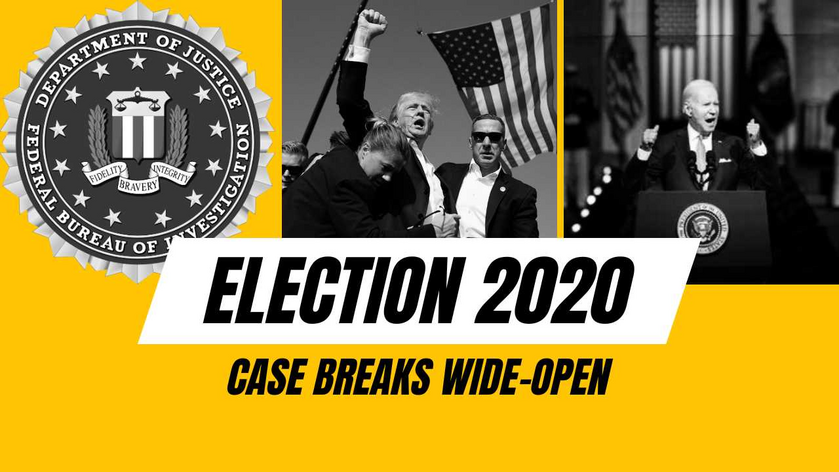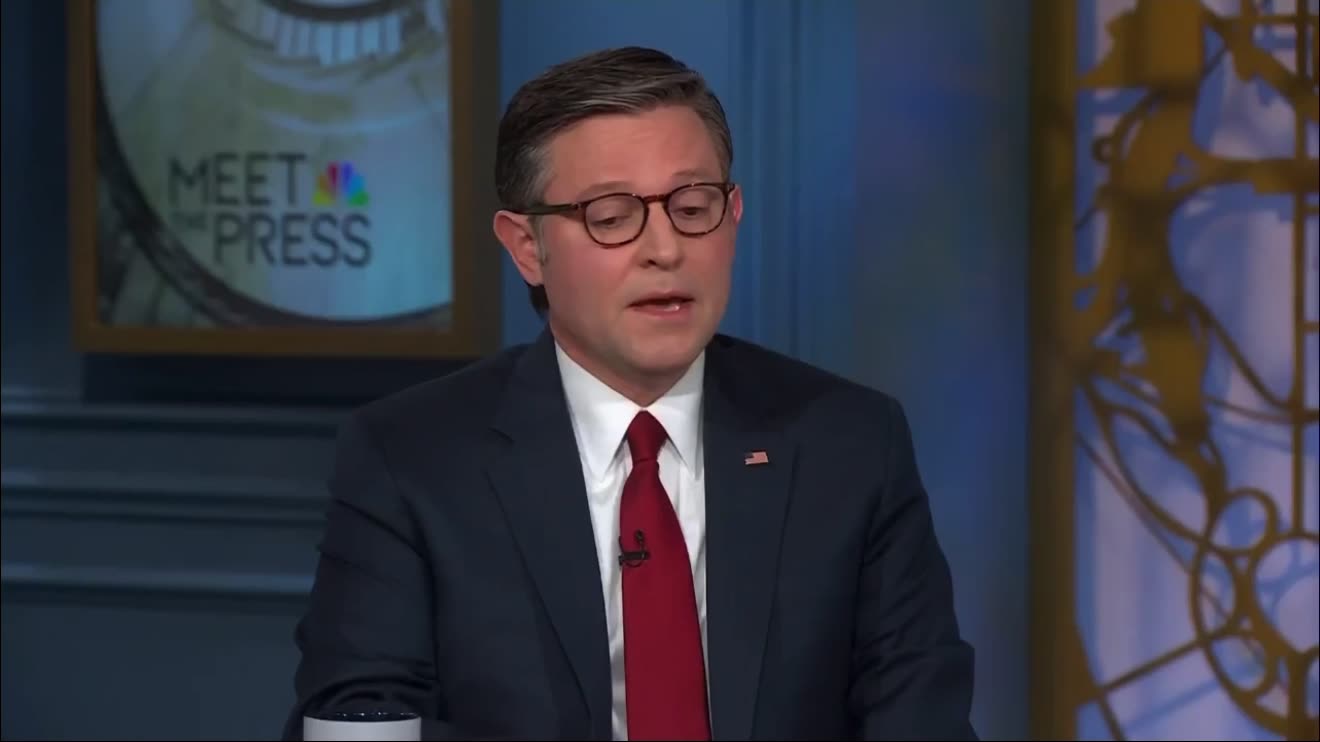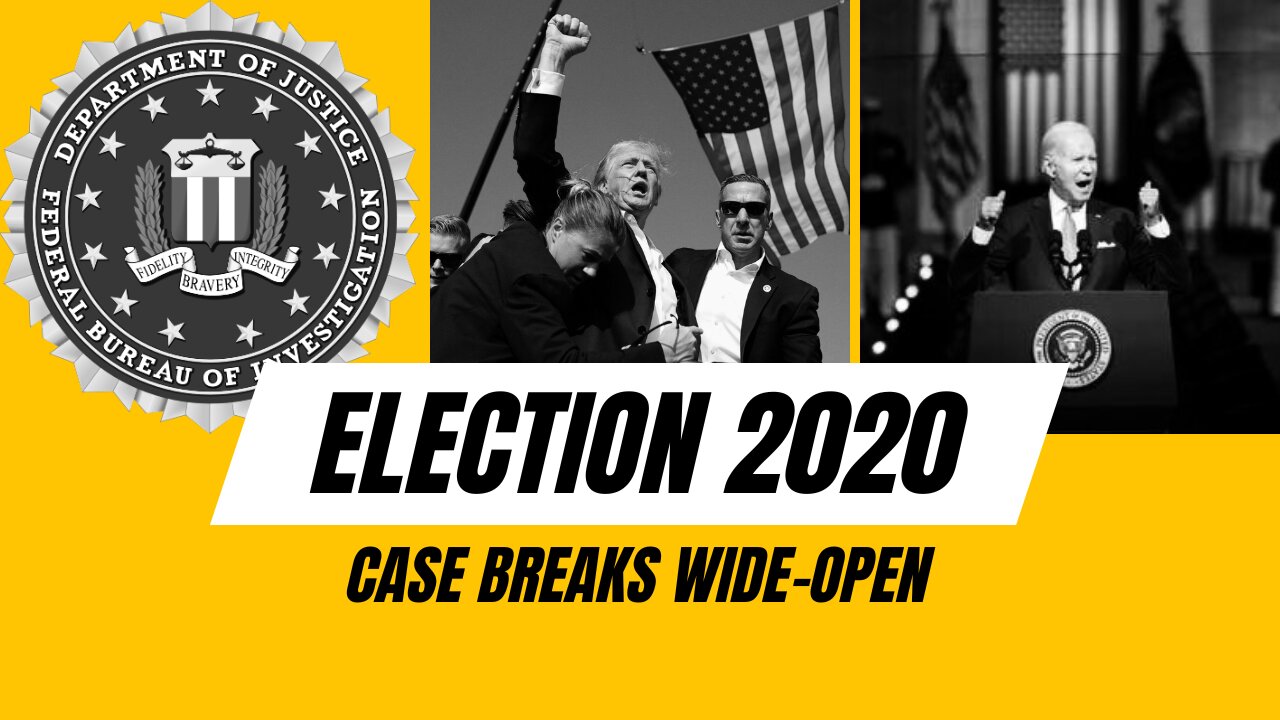On Friday morning, lawyers for the social medium TikTok, and for one of its users, made their respective cases before the United States Supreme Court. Solicitor General Elizabeth Prelogar similarly made the government’s case. At time of writing, the Supreme Court has not yet issued any orders in these cases. If they issue no orders by Sunday, January 19, TikTok goes dark – though for how long, is anyone’s guess. At least one commentator expects the Court to affirm the D. C. Circuit Court of Appeals’ affirmation of applicable law. CNAV does not share that assessment. The Court has left no resultant clue to its decision – a decision that might cut across ideological and bloc lines.
The Middle Kingdom problem
TikTok, with 170 American user accounts, is a subsidiary of ByteDance – a Chinese firm. As a Chinese firm, it is subject to government orders to share confidential user data. Frankly, such sharing means the effective “doxxing” of TikTok users to the intelligence apparatus of the People’s Republic of China.
In fact, CNAV believes the most useful policy here is to refer to China by its real name as it translates into English: the Middle Kingdom. Ever since (as seems most probable to a “creationist”) Noah traveled to the Far East to found new nations, leaving his sons Shem, Ham and Japheth behind to found what became all nations west of what became China (or Serica as the Romans called it), this Middle Kingdom has had world imperial ambitions. That they never realized them is likely due to the systematic invasions by the Mongols early in their history. But the Japanese traditionally regarded the Middle Kingdom as their enemy. Indeed the Japanese almost destroyed that Kingdom – except that they had
awakened [the] sleeping giant and filled him with a terrible resolve.
Which sleeping giant then destroyed Japan’s ability to wage imperial war.
But when the Middle Kingdom adopted Communism, it adopted a ready-made rationale for world-conquering ambition. They never let that go. That they didn’t complete the conquest in concert with the Soviet Union is because that polity had a falling-out with the Middle Kingdom as to which of the two would be boss of the world.
What this has to do with TikTok
Today the Soviet Union is no more. In its place is a civilizational state – the Russian Federation – whose alliance with the Middle Kingdom is uneasy at best. When two civilizational states abut one another, trouble might start.
The Middle Kingdom has carefully crafted policies that will lead to increased control throughout the rest of the world. Nor would its leaders limit this control to its cross-border and next-closest neighbors. China exercises this control in two salient ways today:
The Belt and Road Initiative, a program of constructing infrastructure under their control, and
Social media. That’s where ByteDance and its American subsidiary, TikTok, come in.
America ceased to be a civilizational state when it got involved n the Two World Wars. In the process it accepted the internationalism of Presidents Woodrow Wilson and Franklin D. Roosevelt – and especially Alger Hiss, chief architect of the United Nations. But Donald J. Trump wants to make America a civilizational state. Inevitably that will conflict with the Middle Kingdom’s plans.
In April 2024, the House of Representatives passed a law to forbid a social medium to have “foreign adversarial” control. That, of course, means TikTok. Unless TikTok parent ByteDance sells the company, it may no longer operate. Twenty-five Republicans (all good conservatives) and thirty-three Democrats voted against it – but of course 186 Republicans and 174 Democrats voted for it. Eight days later, ByteDance said flatly that TikTok is not for sale.
In the courts
The Court of Appeals for the District of Columbia affirmed this new law last December. TikTok filed a petition for review; the Supreme Court granted it. Also, one Brian Firebaugh led a group of fellow TikTok users to file their own petition. The Court granted that, too, and consolidated these two cases for oral argument. TikTok v. Garland, docket 24-656, and Firebaugh v. Garland, docket 24-657. Firebaugh and his friends have also applied for an injunction against the law; that application is still pending. The Court said it would defer consideration of that application until after they heard oral argument. Firebaugh v. Garland, Application No. 24A588.
The American CEO of TikTok met with President-elect Donald Trump on December 16 at Trump’s Mar-A-Lago club. Two days after Christmas, Trump, through lawyer D. John Sauer, filed a friend-of-the-court brief. It says in effect:
Don’t let this law take effect until I become President; I might be able to resolve this when in office.
Trump is arguing that Congress has encroached on executive authority, and that:
The Case presents novel, difficult and significant First Amendment questions.
The problem for TikTok is that they have the same history of banning conservatives that Facebook had. (Or Twitter, before Elon Musk bought it.) For them to claim free-speech protection, strikes many as hypocritical. Some of those people would, of course, like TikTok to restore their accounts – as is eminently reasonable.
Is TikTok a spy nest?
Tim Chapman, of Advancing American Freedom, takes the espionage threat seriously. His group filed their own friend-of-the-court brief making that case. Chapman states the problem very simply:
The Chinese Communist Party sets “an extremely high priority” on “accessing Americans’ data.”
Last December, the Middle Kingdom’s espionage unit cracked into nine American firms in Operation Salt Typhoon. This would allow that espionage unit to record telephone conversations at will.
ByteDance is required by Chinese law to spy on its customers when, as, and if the intelligence apparatus demands.
The oral argument
The Supreme Court held oral argument for two hours and thirty-eight minutes. As is its custom, the Court published transcript and sound recording of the argument session.
The law at issue is called the Protecting Americans from Foreign Adversary Controlled Applications Act. TikTok asserted throughout that this Act is a content-based act – and worse, a thinly disguised bill of attainder. (Bills of attainder single out specific individuals or entities for special punishment or other sanction under the law.)
The government’s real target, rather, is the speech itself, its fear that Americans, even if fully informed, could be persuaded by Chinese misinformation. That, however, is a decision that the First Amendment leaves to the people.
By long-standing custom, the Court let Justice Clarence Thomas ask the first questions. From the start he identified the real target: not TikTok per se, but its beneficial and controlling owner, ByteDance. TikTok’s lawyers said that made no difference – that the government could never force a sale.
Chief Justice John Roberts continued in that same vein, identifying the salient issue Tim Chapman described.
[A]re we supposed to ignore the fact that the ultimate parent is, in fact, subject to doing intelligence work for the Chinese government?
Said TikTok’s lawyers: true, but not relevant; the government still lacks any authority to act. But he also disputed the scope and tightness of ByteDance’ control of TikTok. Worse yet, he made this absurd statement:
Let's suppose that the Chinese government had actually taken [Jeff Bezos’] children hostage and it was using that leverage in order to force Bezos and the Washington Post [which Bezos owns] to publish whatever they wanted on the front page of the Post. So China effectively has total control. I still don't think that Congress could come in and tell Bezos either sell the Post or shut it down because that would violate Bezos's rights and the Washington Post's rights. Maybe what they could do is come in and say you need to disclose the fact that you're under this amount of coercion so that the people who are looking at the paper understand it and can make their own assessment. But I think the First Amendment rights of both Bezos and the Post would be directly implicated, notwithstanding that China, in that scenario, has effectively total control over what gets printed in the Washington Post.
That proved too much even for Justice Sonia Sotomayor. Even when reading a dry transcript, one can hear her gasp:
So you think in that situation that the only thing the government could do is tell the Washington Post: Disclose to the public that you are saying this because you are being forced to?
Similarly, Justice Brett Kavanaugh pointed to a long history of prevention of foreign ownership or control of American media. Counsel said that was in the context of bandwidth scarcity, and did not apply in a post-scarcity environment.
No solace
TikTok got no solace from the Originalists, either. Justice Neil Gorsuch especially criticized TikTok for disputing that ByteDance could tell TikTok what to do. TikTok also denied that ByteDance had ordered the platform to censor voices in other countries.
Justice Amy Coney Barrett expressed concern about manipulation of the “content recommendation algorithm” without any disclosure to the user. Because such orders must come from the Middle Kingdom’s officers, that expresses another concern by observers concerned with human freedom. Again TikTok seemed to be saying that the foreign ownership or control made no difference. Justice Elena Kagan expressed her own incredulity at that posture.
Eventually Justice Ketanji Brown Jackson had her chance to speak. She observed that the Court has heard other cases concerning ownership and control by foreign governments, and “terrorist organizations.” The Court has upheld such laws in those cases.
Thus TikTok could claim no solace from Originalists, Liberals – or the Institutionalists, perhaps a better name for “the Moderate Bloc.” All three came down on the company for ignoring or setting at naught the question of foreign ownership or control. They also took note that the company saw fit to dispute the facts about the degree of control ByteDance has. Their argument strained credulity – and without exception, every Justice of the Supreme Court said so.
From TikTok to its creators
Next, the lawyer for the users took the stage. He said the Act restricts the opportunities of users to talk to foreign users if they wanted to. The Justices identified several problems with that argument:
Congress concerned itself with a foreign actor – ByteDance – taking orders from the intelligence apparatus of a foreign adversary. Never once did Congress threaten any user with criminal penalties.
Why should any user feel a burden because one particular platform was no longer available? And:
Would not another platform, under U.S. or at least non-adversarial ownership, arise to fill any void that a shutdown of TikTok would create?
The government’s case
At last, Solicitor General Elizabeth Prelogar presented the government’s case. She opened by articulating two threats that TikTok, under ByteDance, poses:
Harvesting of user data, thus creating dossiers on its American users (and even non-user contacts), and
Manipulating the algorithm to promote content favorable to the Middle Kingdom and unfavorable to its enemies.
If only ByteDance would sell TikTok, those threats would go away. But, no!
To their credit, the Justices tested Ms. Prelogar’s arguments just as strictly as they did the arguments of petitioners’ counsel. For example:
What is the difference between covert and non-covert manipulation (from Justice Thomas)?
What exactly does “covert manipulation” mean (from Justice Kagan)?
How does TikTok’s manipulation differ from those at, say, X, Bluesky, and the search engines (from Kagan)?
Why shouldn’t the Court deem the government’s position an unacceptably paternalistic one (from Justice Gorsuch)?
How different are social media companies from news media with their editorial boards (from Gorsuch)?
Why can’t the Court issue the stay for which the Firebaugh user group applied, or an administrative stay? This came from Justice Alito.
What authority has any President to decide what laws he would or would not enforce (from Justice Sotomayor)?
Rebuttal
Tellingly, TikTok’s counsel suggested the company could accept a law forbidding it to share sensitive user data “up the chain.” Even so, he asserted that other social media harvest the same kinds of data. Then he asserted that a mere risk disclosure should suffice to protect the interests of individual Americans.
Finally, the lawyer suggested that the Court absolutely had the authority to stay the law. They could stay it in response to the Firebaugh application (already on record), or administratively. An administrative stay is a stay for a court’s own benefit. Surely the lawyer knew that President-elect Trump had filed a brief asking for any kind of stay, to permit him to act.
The company’s case is simple: under the First Amendment, they have the right to do anything they please, subject to its users’ rights and reasonable expectations, and the exercise of informed consent merely by opening an account.
Analysis
Obviously the Originalists, the Institutionalists, and the Liberals do not have obviously different opinions about this case. They tested the arguments both of the petitioners and of the government. The Justices came down especially hard on the petitioners for ignoring, minimizing, or dismissing as immaterial the national security risk of running a social medium with foreign adversarial ownership. Indeed TikTok asserted that the government couldn’t even act in the face of kidnap. That’s the most absurd proposition anyone ever advanced at oral argument before the Supreme Court – or any court. (Although why Ms. Prelogar did not see fit to introduce the prior history of Middle Kingdom spying, is not clear.)
For her part, Ms. Prelogar denied that the Court had the authority to stay the law as the users requested. The court would have to find “likelihood of prevailing on the merits,” which the government denies. But she admitted that the Court could apply an administrative stay.
This morning the Court issued a sixteen-page Order List, which contained no orders relevant to these consolidated cases. Messrs. Firebaugh et al. have a stay application on record. So the Court would have to say something, even if only, “The application for stay is denied.”
What should happen to TikTok?
So CNAV stands on its earlier assertion: the Court has given no reliable indication on what it will decide. They could stay the law, for one reason or another, and give a President Trump authority to act.
But neither CNAV nor your editor has accounts at TikTok, for the precise reasons Ms. Prelogar and Mr. Chapman raise. CNAV would never expect favorable treatment by TikTok, given their prior history of censorship. Add to it that the Middle Kingdom would love to create dossiers to enable it to:
Abduct and forcibly “repatriate” dissidents out of America and back to the Mainland,
Lay “honey traps” and otherwise harass or “discredit” American citizens who dare criticize the Middle Kingdom or expose its aims,
Continue to infiltrate into this country, countless young men of military age,
Promote clearly anti-civilizational values like Alphabet Soup-ism and anti-natalism, and
Otherwise “soften America up” for invasion and conquest, since they can’t transport troops in strength to “hit the beaches.”
Under these circumstances, CNAV would, if it had the ear of the President, encourage the President to shut the platform down, if he had to, by reason of Middle Kingdom ownership of ByteDance alone. This need not hurt anyone; another platform could arise, if X or Rumble couldn’t service user needs.
Indeed, neither side presented a good argument, though Ms. Prelogar had not as bad an argument as did her adversaries. So all we can do, is watch and wait.
Link to:
The article:
https://cnav.news/2025/01/13/news/wither-tiktok/
Video:
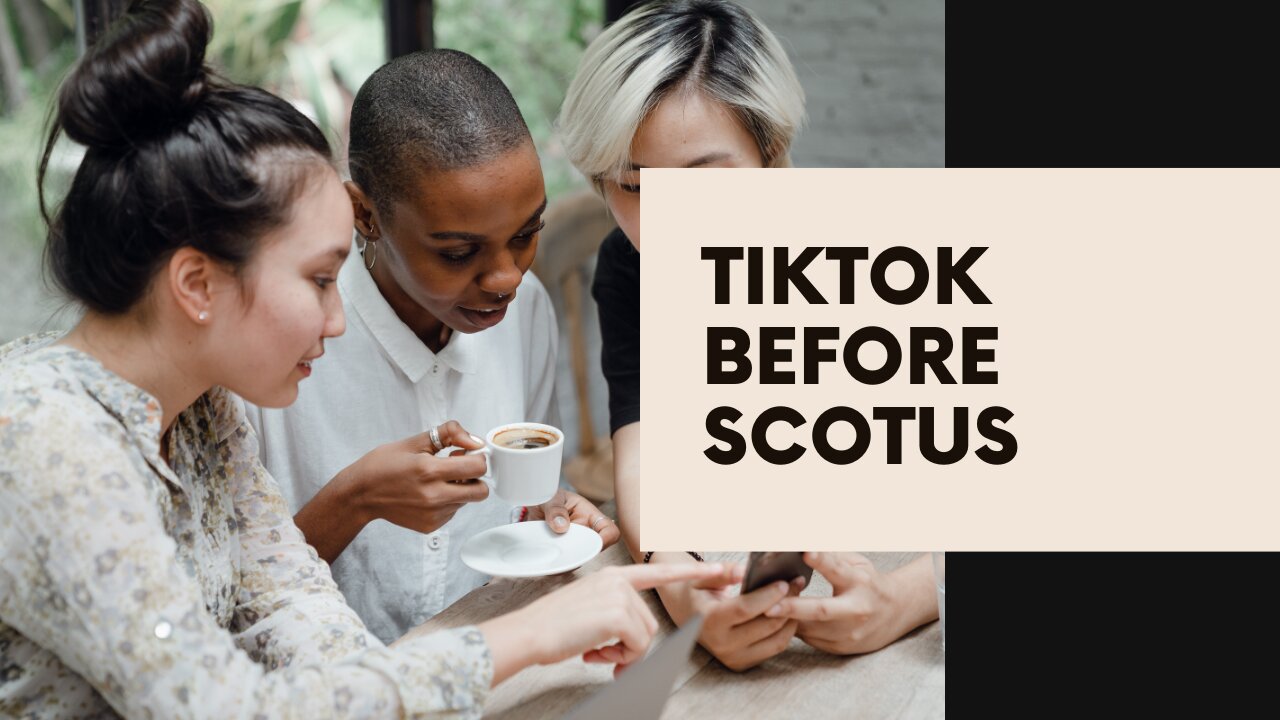
Definition of a civilizational state, and Trump’s ambition along that line:
https://cnav.news/2022/06/17/foundation/constitution/civilizational-state-america-become-2/
https://cnav.news/2025/01/09/accountability/executive/american-civilizational-expansion/
Docket, application, and documents available at the Supreme Court:
https://www.supremecourt.gov/search.aspx?filename=/docket/docketfiles/html/public/24-656.html
https://www.supremecourt.gov/search.aspx?filename=/docket/docketfiles/html/public/24a588.html
https://www.supremecourt.gov/oral_arguments/argument_transcripts/2024/24-656_1an2.pdf
https://www.supremecourt.gov/media/audio/mp3files/24-656.mp3
Outside analysis:
https://cnav.news/2025/01/10/editorial/guest/tiktok-uphold-ban-national-security/
https://advancingamericanfreedom.com/tiktok-v-garland/
Declarations of Truth:
Declarations of Truth Locals Community:
https://declarationsoftruth.locals.com/
Conservative News and Views:
Clixnet Media
